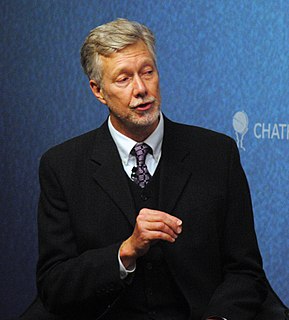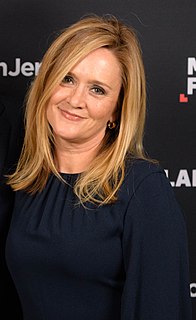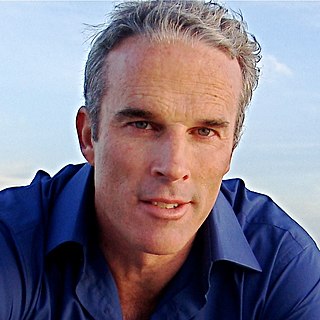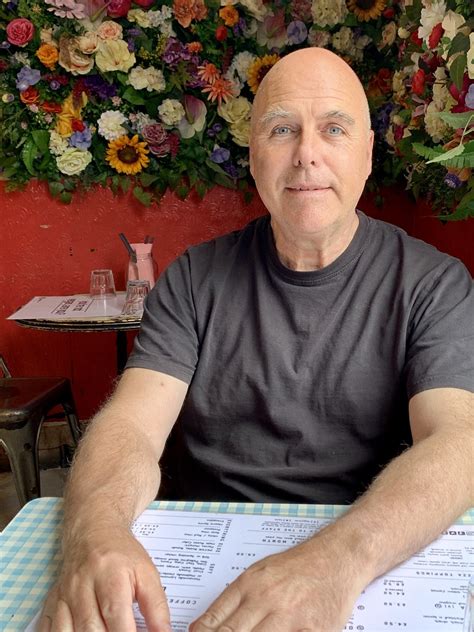A Quote by Sylvia Earle
Throughout all of human history we have consumed the natural world. All creatures do. Birds do. Fish do. Earthworms do. We consume the natural world as a source of our survival. But no creature has ever consumed at the scale that humans have, and now there are seven billion of us. I think the good news is that a large percentage of those seven billion minds can work to make better decisions.
Related Quotes
Most educated people are aware that we are the outcome of nearly 4 billion years of Darwinian selection, but many tend to think that humans are somehow the culmination. Our sun, however, is less than halfway through its lifespan. It will not be humans who watch the sun’s demise, 6 billion years from now. Any creatures that then exist will be as different from us as we are from bacteria or amoebae.
Yes, twenty-seven million in slavery is a lot of people, but it is just .0043 percent of the world's population. Yes, $23 billion a year in slave-made products as services is a lot of money but it is exactly what Americans spent on Valentine's Day in 2005. If humans trafficking generates $32 billion in profits annually, that is still a tiny drop in the ocean of the world economy.
Of the seven billion people who reside on planet Earth, only 25% could, in the broadest sense of the word, be classified as "Christian" (and the percentage who have personally trusted in Christ for salvation is much smaller), meaning that over five billion people in the world are destined to hell if indeed Christ offers the exclusive path for salvation. To many people, such a claim is offensive.
There are five billion human beings and in a certain way I think we need five billion different religions, because there is such a large variety of dispositions. I believe that each individual should embark upon a spiritual path that is best suited to his or her mental disposition, natural inclination, temperament, belief, family and cultural background.
The human brain became large by natural selection (who knows why, but presumably for good cause). Yet surely most "things" now done by our brains, and essential both to our cultures and to our very survival, are epiphenomena of the computing power of this machine, not genetically grounded Darwinian entities created specifically by natural selection for their current function.

































